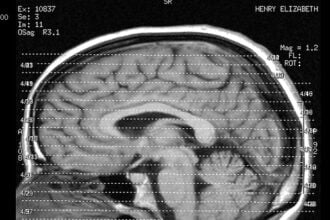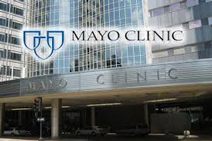I considered another title for this blog edition, “Kindergarten for MDs in Social Media”
I considered another title for this blog edition, “Kindergarten for MDs in Social Media”
Many medical schools have incorporated the use of social media into a medical ethics course. By the time students have entered clinical practice they are comfortable using social media in their daily tasks.
More senior physicians are in a quandary with social media and exhibit discomfiture with social media, not certain where to categorize it.
You can use social media in a variety of settings, but not for discussion of patient events which are not deidentified.
In my experience the best way to take on social media is to watch, listen, and learn.
The University of Southern California (Keck School of Medicine) took the easy going environment of social media and did an academic study with a peer reviewed evaluation of social media and it’s characteristics along with an analysis of it’s participants.
“There is scarce literature on a curriculum to address this emerging need in professionalism education. Importantly, little is known about whether and how students respond to such curriculum and how effective it may be at changing personal online behaviors. We therefore conducted a mixed-method study with first-year medical students to examine whether a brief, required, two-hour intervention embedded within a professionalism course was associated with a change in students’ attitudes and use of online social media. We hypothesized that the intervention would be associated with increased awareness and action among students to change their online presence to reflect their new professional roles.”
During the Professionalism and the Practice of Medicine (PPM) course, we introduced this new curriculum. PPM is a 200-hour required course that spans the first two years of medical school.18Two faculty mentors teach the course weekly in groups of 24 to 30 students using a standardized, case-based curriculum that includes professionalism, bioethics, narrative medicine, cultural competence, integrative medicine, community health, health policy, and the business of medicine. In 2011, we added a two-hour session that covered the 2011 AMA social media use guidelines.1
In an era when the public and patients can easily access physicians’ personal and professional information online,27–29 and physicians may be (rightly or wrongly) judged by their online social media presence,24–29 educating medical students early about the implications of their online presence will be integral to professionalism teaching. Our study suggests that students already have a strong Web presence and engage in online social networking when they enter medical school, are open to discussing this presence, and, more important, are ready and able to edit and monitor their presence during the course of their training. Early education has the potential to make students partners and peers in the construction of meaningful guidelines and policy about appropriate social media use, both for educators and for institutions.28,30,31 It remains to be determined whether further curricula spread throughout training are needed to refresh students’ awareness of the need to monitor their online presence. Future studies should examine whether reinforcement throughout training is needed, whether the inclusion of more complex ethical and policy issues that involve patients in the curricula would reinforce learning, and whether curricula presented at different developmental stages by different instructors or mentors have different effects on students’ behaviors and attitudes.”
There are many other sources for training in Social Media, for the nuts and bolts of it all, and the ethical considerations. One of the outstanding programs is the Mayo Clinic Residency in Social Media .







